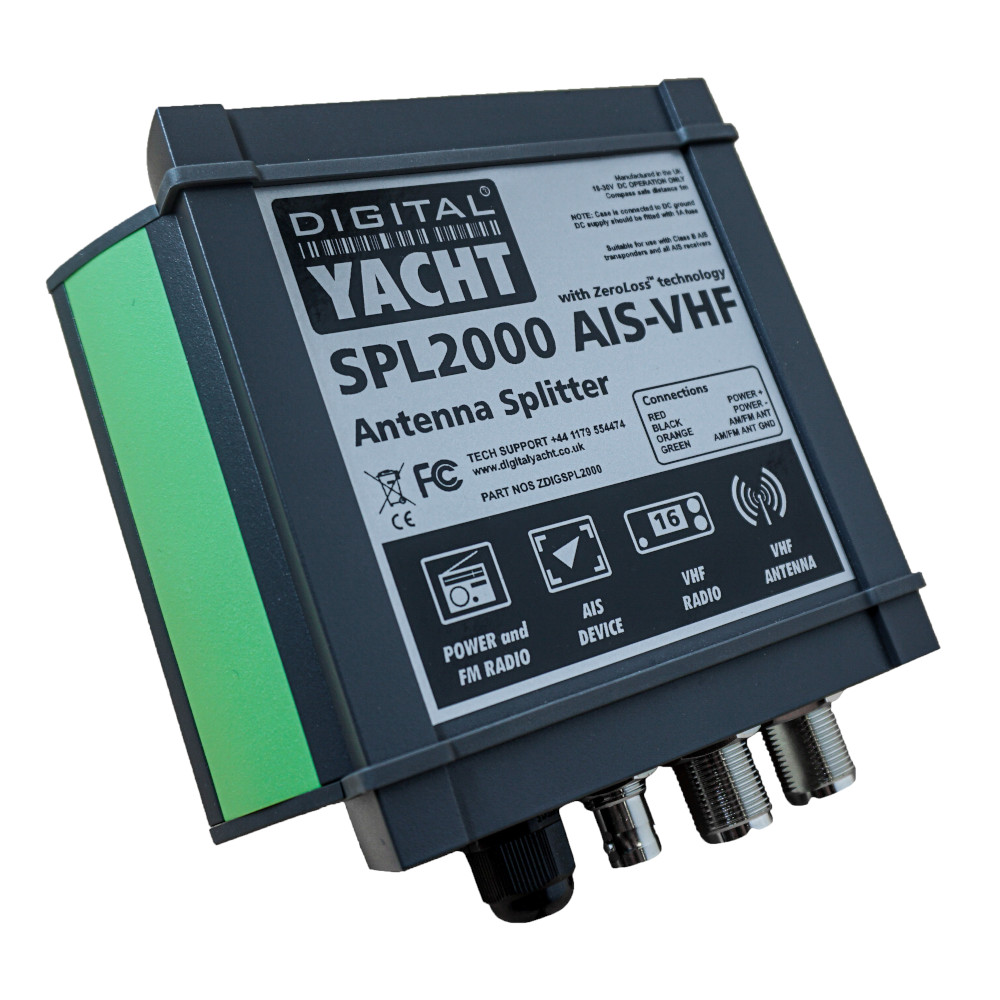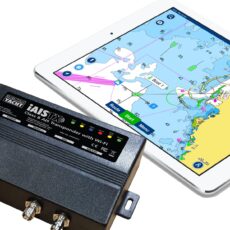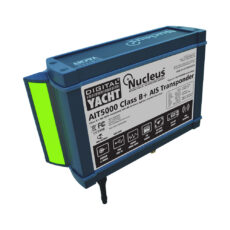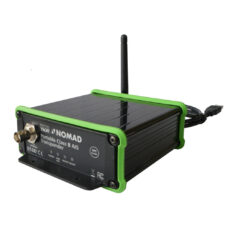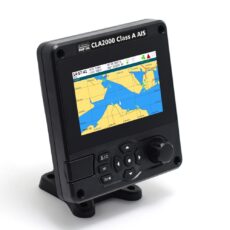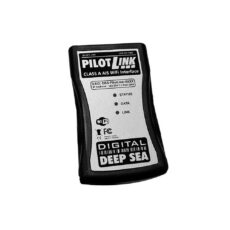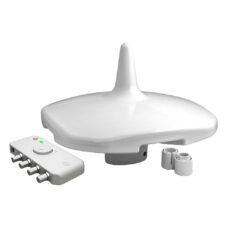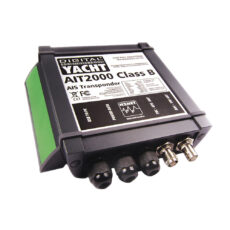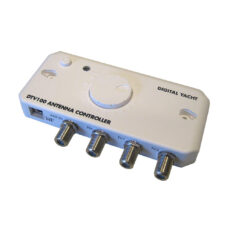Description
- VHF AIS splitter – Enables an existing VHF antenna to be used for both the standard VHF and AIS system
- Patented ZeroLossTM technology for exceptional performance
- Works with all Class B transponders and receivers
- Supplied with power cable, PL259-PL259 cable assembly and BNC-BNC cable assembly for easy installation (all cables 0.50m long)
- For standard car stereo radio (integrated in power cable) there is a AM-FM radio antenna connection
- 12v or 24v 0peration and low power consumption
- Fail safe operation
- Same size and design as the new AIT2000
- Makes installation of an AIS receiver or transponder very quick and simple
- Saves on additional antenna clutter
An AIS receiver or transponder requires a VHF antenna. However, Digital Yacht’s new SPL2000 VHF AIS splitter allows an existing antenna to be used for both the AIS and VHF (DSC) and even with an AM/FM radio. Unlike most simple VHF splitters, the SPL2000 can also be used with a class B transponder system. It also incorporates special circuitry to ensure safe operation of the two transmitting devices.
The unit has four simple connections – one input for the main VHF antenna and then outputs for the AIS receiver/transponder, DSC VHF as well as an optional car radio output. It utilises Digital Yacht’s new, patented, ZeroLossTM technology, to ensure the very best possible reception and transmission from all devices. Most importantly it is also fail safe. This means should the unit ever stop working or lose power, it will not affect the main VHF operation. Until now, Digital Yacht, have recommended a dedicated antenna for a receiver or transponder. However, with the new this new ZeroLoss ™ technology, we can now offer a solution that greatly simplifies installation whilst maintaining performance.
The unit is waterproof and matches the aesthetics of the current range of transponders and receivers, so can easily be integrated into any vessel. It is suitable for operation on 12V or 24V systems. Three LEDs show the status of the SPL2000. LEDs indicate when the unit is powered correctly; and also when the AIS or VHF transmits.
